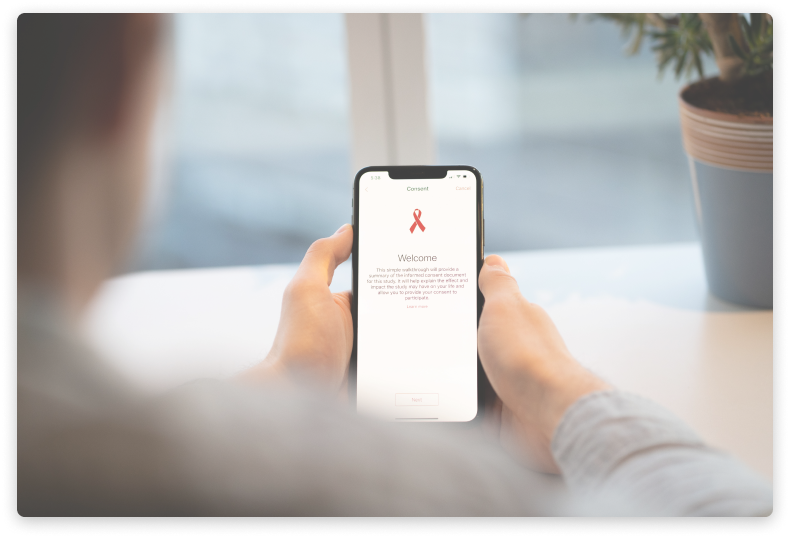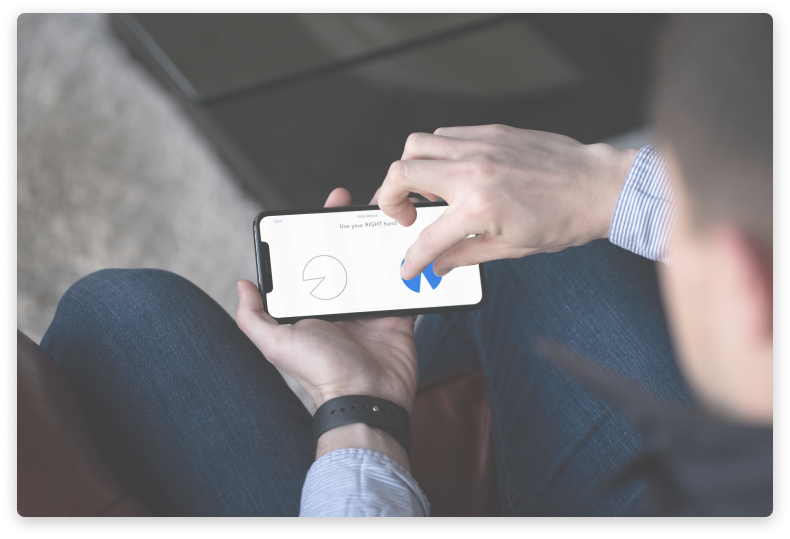Developing digital biomarkers for Parkinson’s Disease
Watch PD is a multi-site observational study run by researchers at the University of Rochester.
The multi-site study will complete in the summer of 2021. Validation of Parkinson’s digital biomarkers using BrainBaseline tech will translate to other mobility and movement disorders.
 Get Case Studies
Get Case Studies
Validating a self-administered digital neurocognitive assessment platform for people with HIV
Researchers from Johns Hopkins University and the University of California San Diego deployed the BrainBaseline platform to assess neurocognitive function among 400+ patients at the Johns Hopkins Bartlett HIV Practice.
They endorsed BrainBaseline as an ”easy-to-use tool” for clinicians treating patients with HIV, and acknowledged that its availability in-clinic would help to accurately assess neurocognitive impairment and could ensure more routine cognitive screening.
 Get Case Studies
Get Case Studies
BYOD mobile cognitive assessment platform + a portable EMR for cancer patients and researchers
A grant from the National Institute of Heath (NIH) National Cancer Institute (NCI) sponsored a multi-phase study to better understand cognitive function deficits in cancer patients.
In less than 12 months our Phase 1 study brought in over 190K cancer patient data points; 3K neuropsychological assessments; and 3k demographic, lifestyle, and health-related surveys. The results showed correlation between physical activity and quality of life measures in patients with cancer.
 Get Case Studies
Get Case Studies
Confirming mobile app as useful, accurate, patient and clinician-friendly way to monitor and assess Parkinson’s symptoms
Researchers at Boston University and Tufts deployed the BrainBaseline platform to Parkinson's patients via smartphone, both at home and in the clinic.
Researchers substantiated that the remote administration of motor and cognitive tasks by our smartphone and watch application is a useful method for monitoring Parkinson’s progression outside of clinic visits. Additionally, participants with Parkinson’s successfully completed over 95% of the at-home digital activities in the study, substantiating that our platform lowers the burden of study participation.
 Get Case Studies
Get Case Studies





